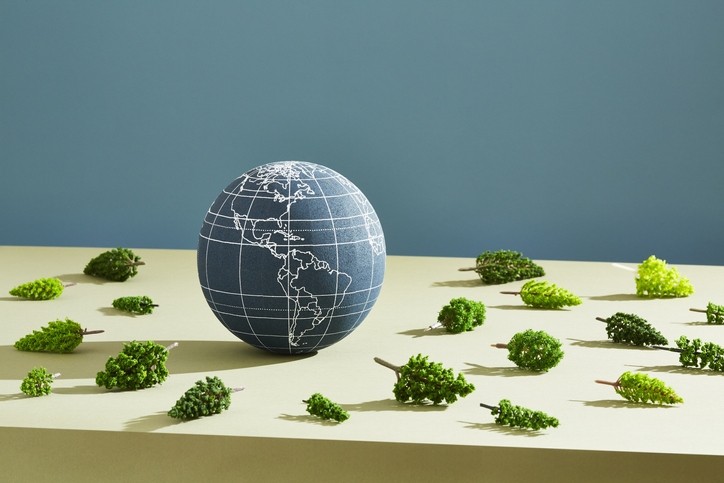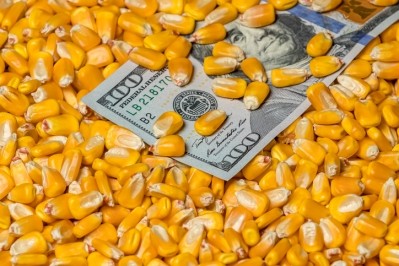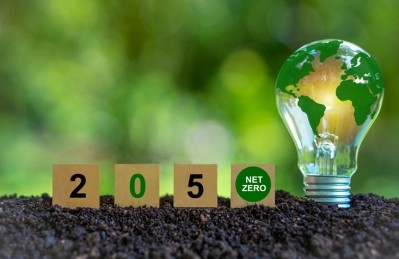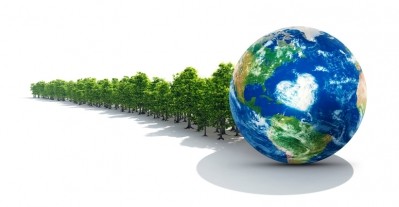Cargill makes new deforestation-free commodities pledge: 'This is a big deal'

Yesterday’s announcement by the global trader builds upon its original commitment to deforestation-free commodities and conversion-free soy across South America by 2030.
“Make no mistake: this is a big deal. Of course, rigorous implementation will be key – and Mighty Earth will be closely monitoring this. But it is the first step from Cargill on deforestation in 15 years that I think is worthy of major recognition...This change could protect hundreds of thousands of acres, avoid the release of gigatons of carbon, and help local communities,” claimed CEO of Mighty Earth, Glenn Hurowitz.
“Accelerating our commitment is a testament to our resolve to make real, tangible progress against deforestation and land conversion,” said Pilar Cruz, Cargill’s chief sustainability officer.
This effort, she continued, will help protect native vegetation and support sustainable agriculture in Argentina, Brazil, and Uruguay. Combined, those countries provide around 30% of the world’s trade flows and 13% of total production of soy, corn, wheat, and cotton.
“We are prioritizing collective action and collaborative partnerships with farmers, governments, NGOs, and other critical stakeholders to find balanced solutions for economic development and environmental conservation,” added Cruz.
There is increasing pressure on lenders today in terms of evolving regulation aimed at greening the financial system. That pressure grew significantly following the signing of a global agreement in Montreal last December aimed at halting biodiversity loss.
The landmark deal, agreed at the UN summit, called for greater transparency by countries and businesses, urging them to widen their focus on environmental protection.
Cargill will leverage World Resources Institute’s (WRI) geospatial expertise alongside improved traceability to strengthen its monitoring, reporting and verification of natural ecosystems and farm areas.
“Getting deforestation and conversion of natural ecosystems out of soft commodity supply chains is one of the most significant things a business can do for people, nature, and climate,” said Craig Hanson, managing director of programs at WRI. “Cargill’s new commitment aligns with a vision that it’s possible to produce food while protecting vital ecosystems.”
What more can be done?
Hurowitz highlighted gaps in the commitment that the campaigners are pushing Cargill and its customers to address.
Firstly, he noted that Cargill has restricted the commitment to just three countries, leaving out global deforestation hotspots like Bolivia, Paraguay, and Columbia.
"Bolivia experienced a 32% increase in primary forest loss between 2021 and 2022 – four times the rate of Brazil. This is due in significant measure to Cargill’s continued willingness to buy from suppliers engaged in deforestation. We've reached out to Cargill's team to offer help in spreading their monitoring to these other countries on ecosystems."
Another concern, he said, is that the 2025 date could give suppliers more than a year to continue bulldozing. "We don’t want to see a 'race to deforest' before the deadline. Cargill must publicly commit to act on any cases of deforestation it (or independent groups) finds before then."
Cargill also needs to explain why it cannot just adopt the 2020 cut-off date required by the EU Deforestation Regulation (EUDR), said Hurowitz.
Action to plug those gaps is essential to ensure that this commitment creates real progress, he said.












